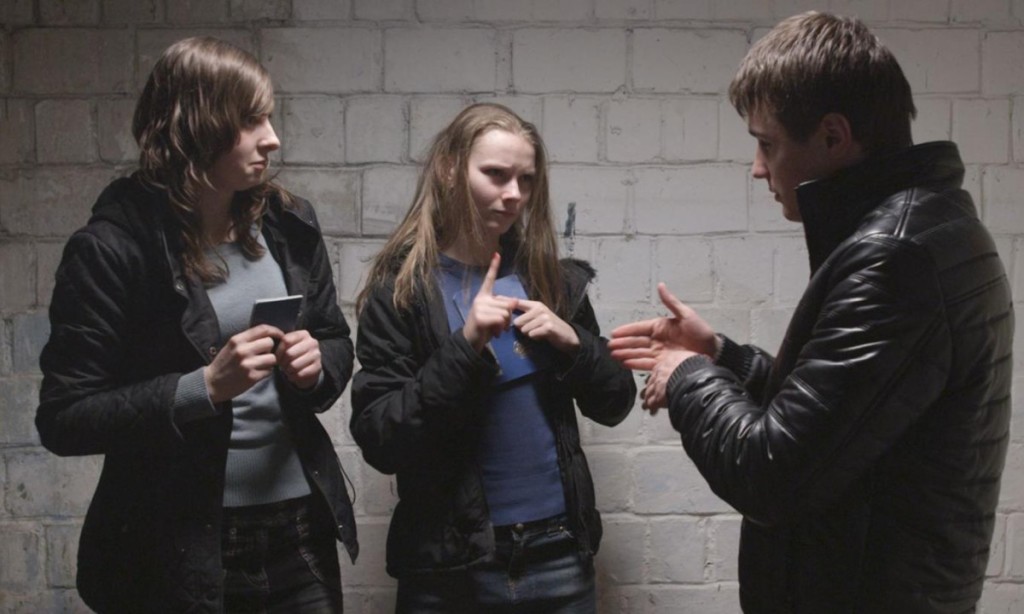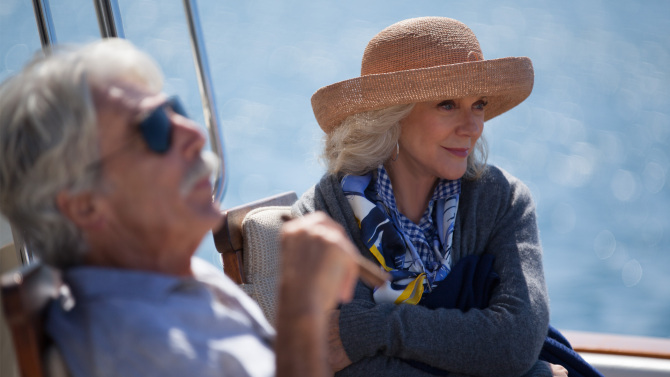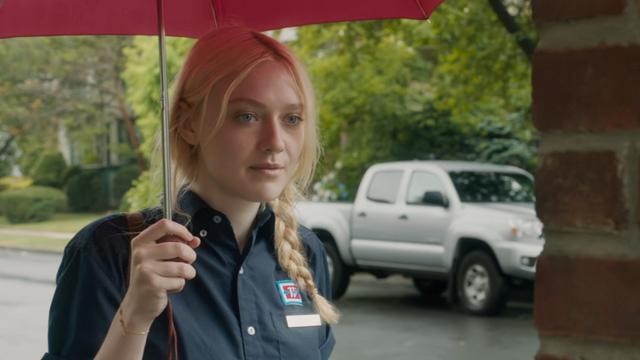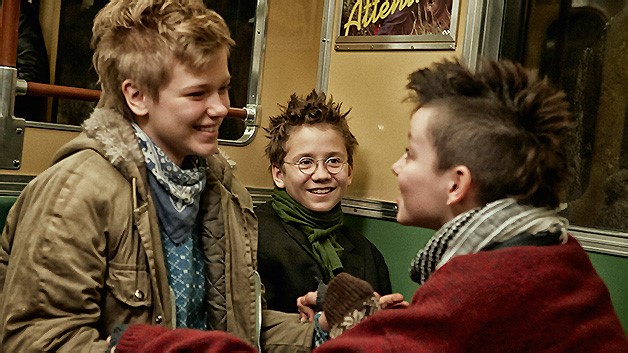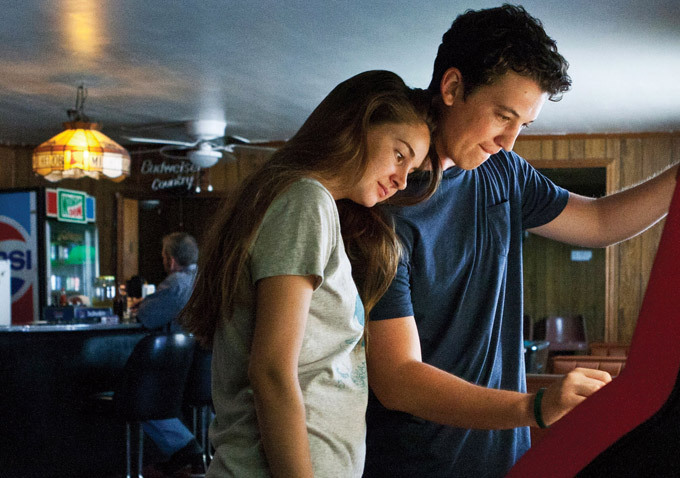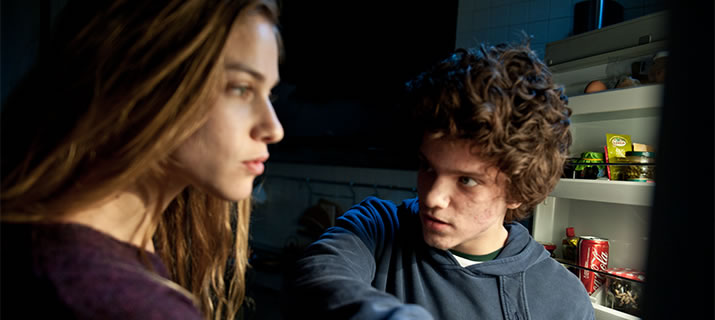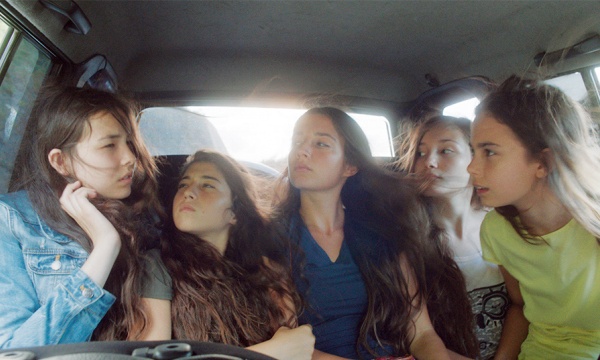
Mustang is about five exuberant Turkish teenage girls who challenge the repression of traditional culture. It’s a triumph for writer-director Deniz Gamze Ergüven, and one of the best films of the year.
The five parentless sisters are living with their uncle and aunt on the Turkish coast “a thousand kilometers from Istanbul”. They’re a high-spirited bunch, and their rowdiness – innocent by Western standards – embarrasses their uncle. Overreacting, he tries to protect the family honor by pulling them out of school, taking away their electronics, putting them in traditional dresses (evoking the dress wear of fundamentalist polygamist Mormons) and conniving to marry them off as soon as possible. The uncle turns their home into a metaphorical prison that becomes more and more literal. The girls push back, and the stakes of the struggle get very, very high.
Our viewpoint is that of youngest sister Lale (Günes Sensoy), who is a force of nature, ever watchful (often fiercely). The poster girl for indomitability, Lale is one of the great movie characters of 2015.
Mustang is a film of distilled feminism, without any first world political correctness. These are people who want to marry or not, who they want, when they want and to have some control over their lives. They want protection from abuse. That is not a high bar, but because they are female, the traditional culture keeps these basic rights from them.
Although Mustang is set and filmed in Turkey by a Turkish writer-director, the actors are Turkish and all the dialogue is Turkish, it is technically a French movie. Director Ergüven works in France and the film was financed and produced in France. In fact, it is France’s official entry for the Best Foreign Language Picture Oscar (over the Cannes winner Dheepan and the Vincent Lindon drama The Measure of a Man).
I happened to be in Sevilla, Spain for the first weekend of the Sevilla European Film Festival and saw Mustang there. I’ll be rooting for Mustang to win an Oscar.


